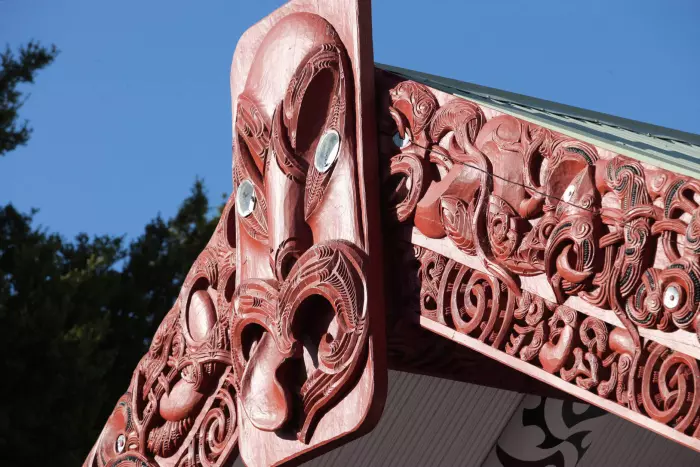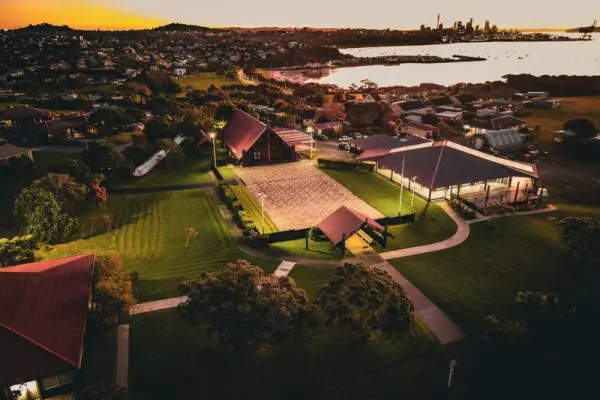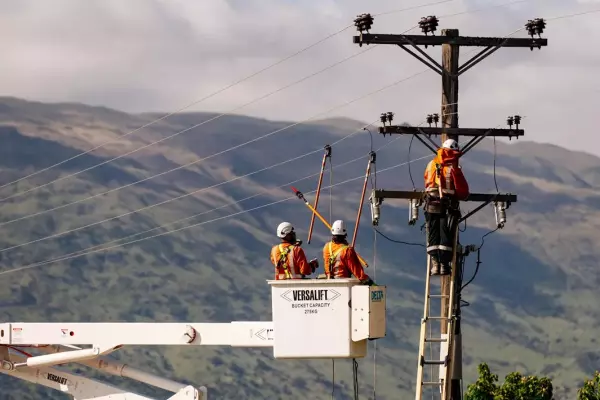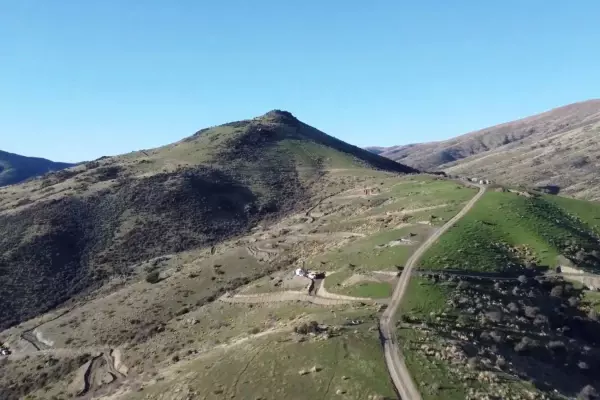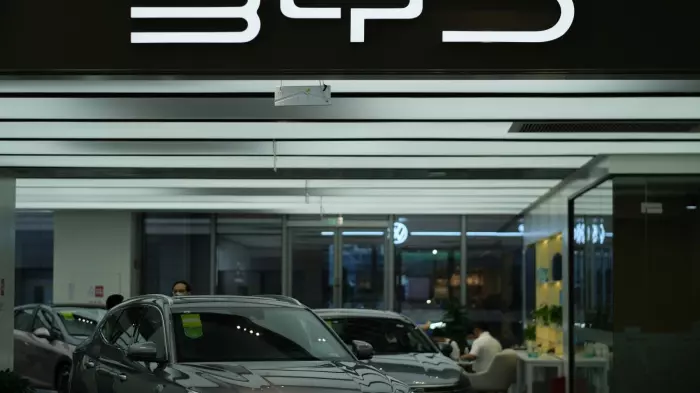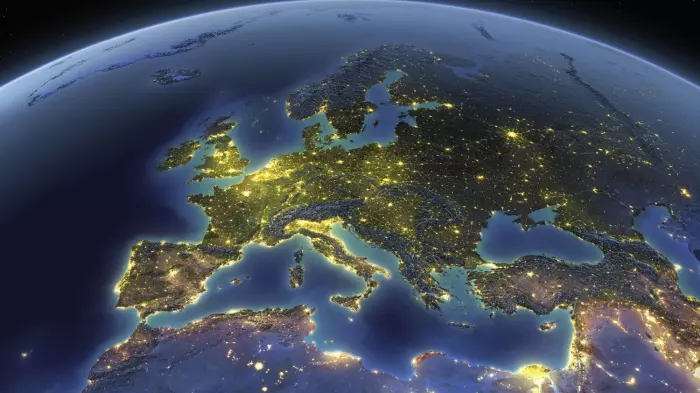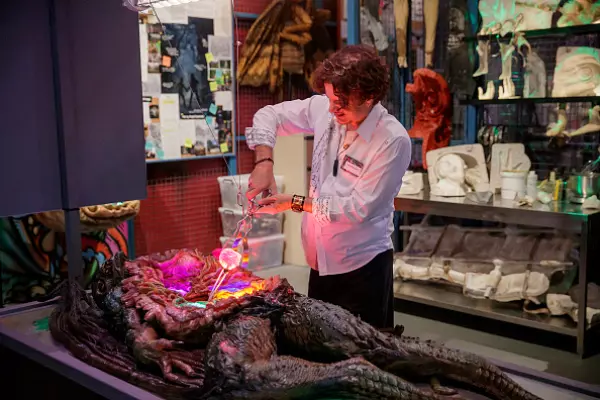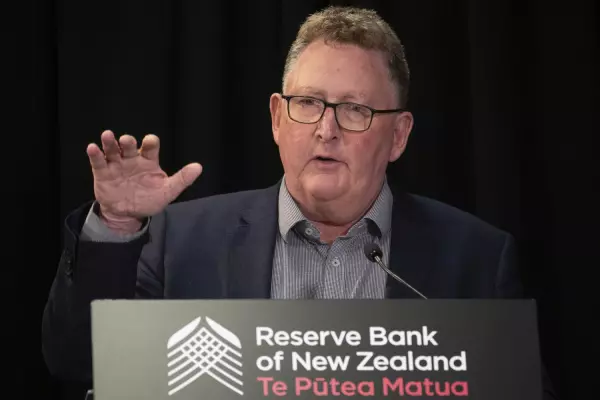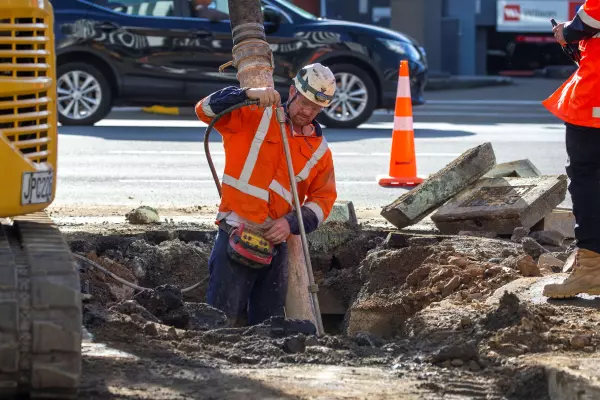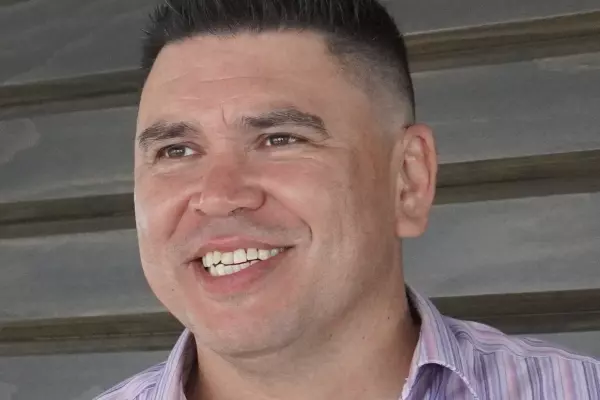New Zealand's only national Māori tertiary institution has dropped out of a startup accelerator programme it co-founded, leaving its major partner, Callaghan Innovation, in the lurch.
However, the crown agency’s chief executive is determined to continue supporting Māori innovators despite the unexpected setback from Te Wānanga o Aotearoa’s departure.
Furthermore, a recent report from ExportNZ said the potential in the Māori economy is massive.
“Māori are investing for both current and future generations and will be the businesses of scale in the NZ economy as a result," the report noted.
Kōkiri was to support entrepreneurship
The ExportNZ’s 2023 pre-election report said the government must continue to support Māori economic development because “to grow them is to grow the NZ economy”.
It recommended the government appropriately support capability-building programmes for Māori-led businesses, such as the Kōkiri accelerator programme which was was launched in 2018 to help Māori entrepreneurs develop their business ideas and bring them to market.
However, the programme was abandoned by the Māori education provider in July.
Since its launch, Kōkiri had supported 45 Māori businesses, offering them pre-seed funding, mentorship and access to networks.
'Difficult decision'
Joe Valenti, deputy CEO of finance and operations at Te Wānanga o Aotearoa, said Kōkiri no longer aligned with its strategic objectives or future direction.
“Te Wānanga o Aotearoa made the difficult decision to withdraw from the contract to allow the organisation to refocus on our core business and to meet the increasingly high demand for corporate training and upskilling of corporate and government entities in te reo (the language) and tikanga Māori (Māori protocols)."
He said Kōkiri was significantly different to its broad range of business courses.
"It had a relatively high resource requirement for a small number of participants. It also required self-funding involving a mix of corporate funding and support from Te Wānanga o Aotearoa, as opposed to being government-funded."
However, he said the education provider would definitely continue to deliver a range of offerings in business education.
Stefan Korn, CEO of Callaghan Innovation, said it was a shame Te Wānanga o Aotearoa left as he felt it had only just started.
“It is their prerogative as the provider and, obviously, we would have been very happy to continue working with them because the programme was very successful and had a good reputation, meeting all their key metrics," Korn said.
“So, from our perspective, we would have loved to continue working with them. But of course, we can't force them to continue working with us.”
He said NZ had been slow to embrace Māori entrepreneurship.
“The country has taken a very long time to finally lean into Te Tiriti (the Treaty of Waitangi) and understand what it means to really honour some of the commitments that were made a very long time ago and, while we're still obviously not where we need to be, we've made progress.”
Indigenous innovation
Korn said indigenous innovation and indigenous entrepreneurship is happening everywhere around the globe.
“I think it's more relevant than ever, and the reason why I'm excited about Māori entrepreneurship is that there's a groundswell happening now.”
He said the traditional startup culture had come from an Anglo-Saxon, European, male-based performance culture, and now everyone realised that it had come at a huge cost.
The model is incredibly aggressive and it leaves a lot of damage, he said.
Although it creates amazing companies, he said it was coming at a huge personal and societal cost.
“And what people realise is that, well, actually, maybe there is a better way.
“Interestingly, the better way has often been around for thousands of years in our indigenous tribes who have actually been doing entrepreneurship all of their lives; they might have just called it something else, or they might have had different objectives.”
Korn said the key principles of te ao Māori (Māori worldview) are hugely valuable in business.
That’s why, he said, Callaghan Innovation made the decision two years ago to focus on two key customer groups: frontier ventures and Māori businesses.
“It is about as top priority as it gets."
Huge potential
The CEO, who is also an angel investor, said he saw the huge potential in the Māori economy because Māori are disruptive entrepreneurs.
“I have seen so many Māori entrepreneurs who deal particularly well with disruptive innovation, who basically go, 'Do you know what, we don't care about the status quo – let's just go after it'.”
He said this was possibly the key to Māori business success because Māori business owners were much more open to risk-taking despite NZ being, fundamentally, a very conservative country.
“And it's that kind of attitude that you see very strongly in Māori leaders in the entrepreneurial space.
“I'm generalising but, often, our challenge and our frustration with non-Māori entrepreneurs is that they're often too compliant and they set their sights too low. They're not ambitious enough, they're too worried about upsetting the applecart.”
Korn said the traditional startup model where “a few people get really rich” didn’t resonate with the Māori business owners he’d met.
He said Callaghan Innovation has been working hard to fill the gap left by the Māori tertiary body since it announced to its partners in March that it was leaving the programme.
Any such future accelerator programmes would follow tikanga Māori, he said.
“If we're running entrepreneurship programmes for Māori founders, it really has to be done in alignment with te ao Māori and some of the core values rather than just assuming that everyone is in it for the money.”
Korn said it would hopefully make the startup space safer for Māori to develop their ideas and grow their businesses.
Valenti said while the education provider had opted to discontinue Kōkiri for now, it has not completely closed the brand and may reconsider its potential in the future.
Among the programme's successes were:
- Hikurangi Enterprises, the Ruatoria-based medicinal cannabis enterprise, which was part of the first cohort in 2018.
- Nau Mai Rā, the first Māori-owned electricity retail company, which graduated from Kōkiri in 2020.
- Ture.co.nz, an online directory which helps connect clients to lawyers, took part in 2020.
- Seasick Sunscreen Co, a natural sunscreen business, used the programme in 2022 to accelerate its growth.
- Green Waste Products NZ, a company that makes golf tees from invasive gorse, was in the final cohort earlier this year.
This story has been changed to describe Callaghan Innovation as a crown agency.


